Over looked set-backs
The Ultimate setbacks are usually a result of Training Too much & Eating too Little
You’re afraid of food?Sure there are plenty of unhealthy foods I don’t want to put in my body. But there’s a difference between striving to eat with intention and becoming obsessive about food.
If you find yourself not wanting to eat when you feel hungry, avoiding social situations because you don’t want to give up control over your food, becoming more and more restrictive, or tying what and how much you eat to your self-esteem, talk to a professional.
The primary goal is optimal health.
Whether you’re training for an event, trying to decrease your body fat, or both, you should feel well, physically & emotionally. It's crucial to build a healthy relationship with food and your body throughout your transition.
If that's not how you feel you should know that it is possible, but you may need some support to get there.
You’re sick too often?Inadequate nutrition can lead to weakened immunity, and bottom line: drinking green juice, or taking vitamin C or zinc supplements can't offset an overall lack of food. So if you seem to be one of those people that catches every cold or flu that comes along, take a serious look at your diet. Sometimes I'll ask a female client if she would feel confident advising another active woman to eat exactly what she eats. A hesitation often helps people second guess just how restrictive they’ve become.
You’re tired all the time?There can be several causes of fatigue, including stress, a lack of sleep, and yep, under-eating.
Even at rest your body needs calories to support vital functions (your heart beating, lungs breathing, and circulation). A general rule of thumb is that if you're relatively inactive you need about 10 calories for every pound of body weight, plus more for exercise. That means a 135 pound woman needs 1350 calories for just sitting there, not including the additional 400-500 for a one-hour cardio class, not to mention normal everyday activities like walking and doing laundry.
Yet I talk to many women who strive for no more than 1200 calories a day period, which may be as much as 35 percent less than what they really need. Even if you’re trying to lose weight, that’s too much of a disparity, which is why you’ll feel the effects, from low energy to irritability, moodiness, trouble concentrating, and sleepiness. Basically, it’s your body telling you, “Hey, you’re not giving me enough to do everything I need to do here.”
You avoid eating post-workoutMany women I counsel avoid eating after they exercise because they think doing so cancels out their calorie burn. The truth is it’s not as simple as calories in and calories out. After a workout your body is primed to use nutrients for healing, so a healthy meal, like a veggie and avocado omelet with fruit, will provide the building blocks your cells need to recuperate from the wear and tear of exercise.
In fact, it’s really the healing, rather than the exercise itself, that makes you stronger, so not eating enough post-workout is a recipe for becoming weaker, which eventually leads to poor performance and injuries.

